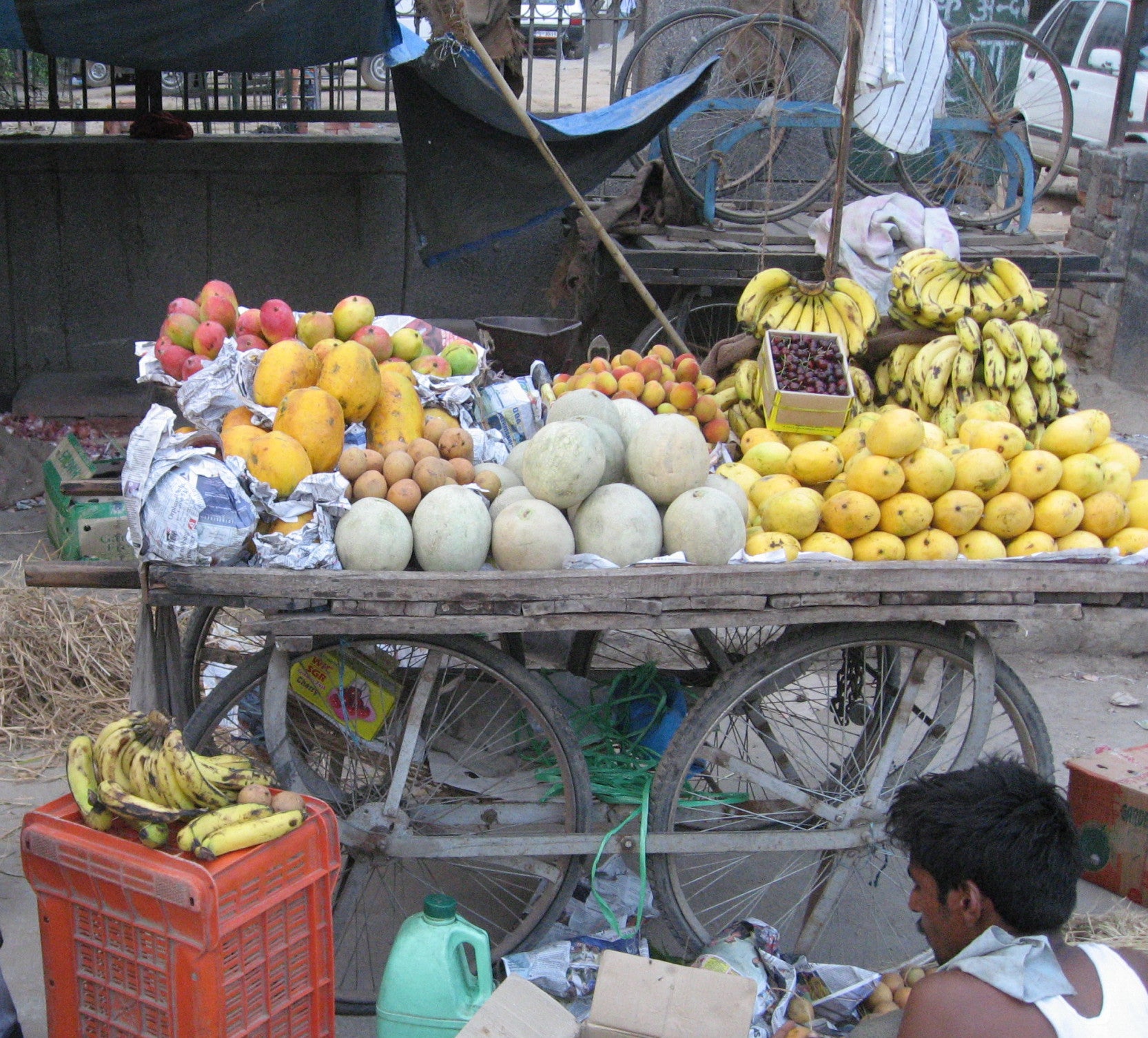India retasilIndian government responds to critics with symbolic reforms

Stung by increasingly sharp criticism at home and abroad, the Indian government today announced a raft of foreign direct investment reforms in supermarkets, airlines and other areas that ended three years of policy inertia. This followed a highly controversial decision yesterday to cut fuel subsidies, triggering a 12% increase in diesel retail prices and restrictions on the sale of cooking gas.
“It’s time for big bang reforms. If we have to go down, we have to go down fighting,” Manmohan Singh, the prime minister, said at the cabinet meeting that took the decisions, anticipating opposition from within his coalition which could reduce the government’s parliamentary majority.
Complaining about the decisions that have caused a political furore tonight, a BJP spokesman said they had been taken “under foreign pressure” - and he was probably correct! I hesitate to suggest that foreign correspondents based in New Delhi provoked Manmohan Singh into action, but there is no doubt that sharp criticisms in the Washington Post, The Economist and Time magazine, among others, have struck home. There have also been growing risks of India being downgraded by international rating agencies because of a high fiscal deficit, with economic growth slowing to as low as 5.5%.
Today’s decisions mean that the prime minister can look forward to kinder reviews on September 26, his 80th birthday. They will also help to divert attention from the coal corruption scandal that has dominated the headlines in recent weeks.
Today’s FDI announcements have been widely praised, but they are much more important for their symbolism and impact on market sentiment than for any rapid direct economic effect. They show that the government is willing to dare coalition partners – notably Mamata Banerjee of the West Bengal-based Trinamool Congress – to oppose the changes and even withdraw from the coalition. Taken with the fuel price hike, they also show that Manmohan Singh is prepared to do things that do not necessarily meet the approval of Sonia Gandhi, his political boss at the head of the coalition, and her son Rahul, though the strength of their opposition is not known.
The main FDI change is that, after years of debate, supermarket companies such as Wal-Mart and Tesco can have a 51% equity stake in Indian joint ventures. This has been opposed by many parties for populist political reasons focussed on the impact that it could have on small shopkeepers and street-sellers.
The real opposition has however been generated by public sector agencies and middlemen, who dominate the inefficient and waste-ridden distribution system between farmers and the shops. These vested interests are the main target of the reform. Foreign companies are expected to invest in modern distribution systems to serve the retail outlets that they are now allowed to open. Indian companies such as Reliance and the Future Group however have failed to do this, so it remains to be seen how successful foreign retailers can be, working with their Indian partners. Within a few years, this development could have some impact but is not relevant to the immediate recovery of India’s economy.
A decision to allow foreign airlines to take up to 49% stakes in Indian airlines also needs to be seen in context. The government is not pushing something it specially believes in, but is reacting to market conditions and a change in attitudes of India’s leading private airlines, notably Jet Airways, which has managed for some 15 years to blocked the initiative.
Jet seems to have withdrawn its opposition, and FDI is now favoured by airlines that urgently need fresh capital, notably Kingfisher which is near to financial collapse, and Spice Jet. Foreign airlines based in the Gulf are expected to be most interested in taking stakes – led possibly by Emirates which already has a big 20% share of India’s outbound air traffic, and Qatar Airways
The next attention-diverting announcement might be a new Congress Party post for Rahul Gandhi, dynastic heir to the party leadership, whose failure to impress so far has been matched only by that of the government.
This announcement could, media reports suggest, come in the next few days or week or so. It will then be up to Rahul to show whether this appointment is mere symbolism, or whether he can grow sufficiently in stature to become a prime ministerial candidate.
He might also tell people whether he believes in the sort of economic reform announcements made yesterday and today, or whether subsidies and other pro-poor policies are much more important because he believes they are most likely to help his Congress Party do well in elections.
John Elliott writes a current affairs blog from Delhi - http://ridingtheelephant.wordpress.com/ . An updated and slightly longer version of this article is there on http://wp.me/pieST-1Nj
Join our commenting forum
Join thought-provoking conversations, follow other Independent readers and see their replies
Comments